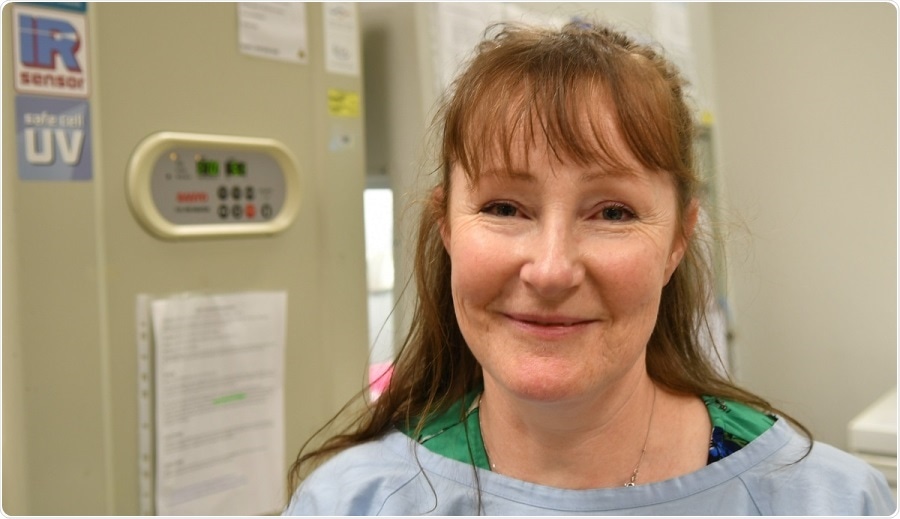In the lead-up to Rare Diseases Day – on Sunday February 28 - Associate Professor Kim Hemsley’s studies into childhood dementia are helping to unlock answers that can assist treatment of these largely unheralded conditions.

Image Credit: Flinders University
Associate Professor Hemsley leads the Childhood Dementia Research Group, within the Flinders Health and Medical Research Institute (FHMRI) at Flinders University, which is a team of medical researchers whose goal is to identify and test treatments for childhood-onset dementia.
Around the world, 700,000 children and young people are living with childhood dementia.
People are surprised and very saddened when I tell them that unfortunately yes, children get dementia too. It's typically something associated with aging,”
Hemsley, Associate Professor, FHMRI at Flinders University
Due to the limited awareness of childhood dementia, she is using the attention focused on Rare Diseases Day as an opportunity to spread the word and help gain wider public attention for rare disorders and work being undertaken by the Childhood Dementia Research Group.
Rare Diseases Day is an important international campaign that aims to raise awareness of what it means to be rare. There are more than 300 million people worldwide living with a rare disease. Through doing research into more than 6000 rare diseases, the global medical fraternity works towards more equitable access to diagnosis, treatment, care and social opportunity.”
Hemsley
Childhood dementia is among the most surprising rare diseases in the minds of the general public. There are more than 70 different genetic causes of dementia in children and according to a recent study by the Childhood Dementia Initiative there are 2300 Australian children living with this condition at present. Sadder still is the fact that less than 5% of the disorders have a treatment and most children never reach adulthood.
“The aim of our work is to develop treatments in the lab and see them move into the clinic so that these children and their families can have a normal life.
People can learn more about this disease by visiting an informative website - https://www.childhooddementia.org/what-is-childhood-dementia
The Childhood Dementia Research Group recently had findings of an NHMRC-funded project published in international journal Acta Neuropathologica Communications, highlighting the potential for using widely available retinal imaging techniques to learn more about brain disease and monitor treatment efficacy.
Sanfilippo syndrome - an untreatable form of childhood-onset dementia - is one of a group of about 70 inherited conditions which collectively affect 1 in 2800 children in Australia, making them more common than cystic fibrosis and better-known diseases.
Associate Professor Hemsley says this research work fits neatly into the key message for Rare Disease Day 2021, which is: Rare is many. Rare is strong. Rare is proud.
“We encourage everyone to take part in this campaign, because awareness leads to empowerment – and with the whole community supporting action, we will move further down the path to finding crucial medical solutions.”